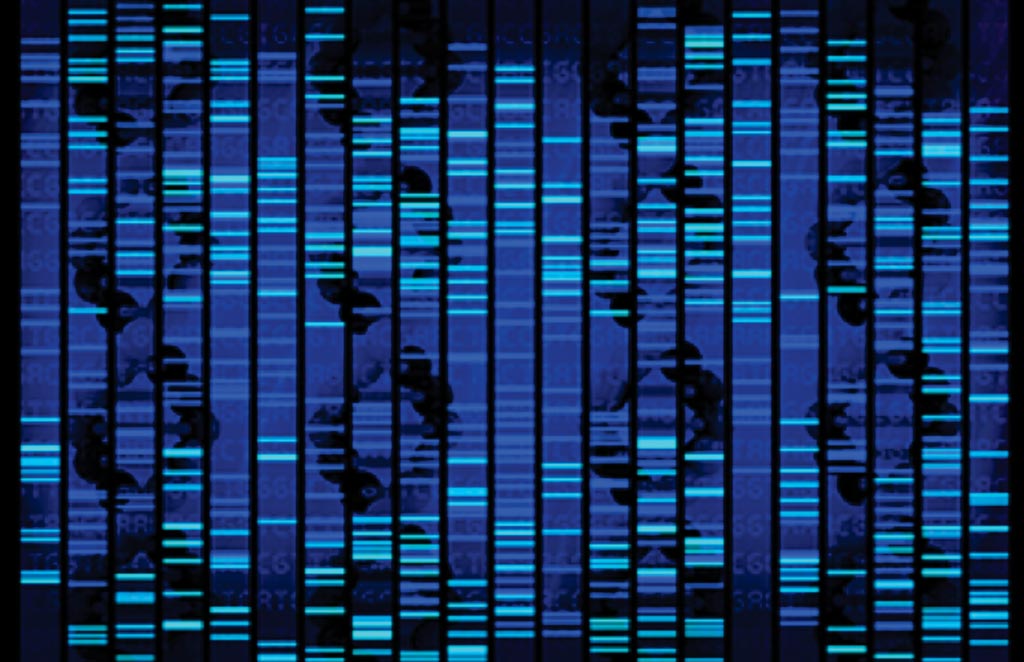Tumor Mutational Load Predicts Survival Post-Immunotherapy
By LabMedica International staff writers
Posted on 31 Jan 2019
A survey of thousands of advanced cancers suggests a way to identify those most likely to respond to groundbreaking therapies that unleash an immune response against tumors, but the results highlight how difficult it will be to translate such an approach into a reliable clinical test.Posted on 31 Jan 2019
Medical scientists have long sought a way to select the people, generally a minority of patients, who are most likely to respond to immunotherapies and to spare others from the treatments' side effects, which can include kidney failure and lung problems. However, the immune system is complicated, and it has proved difficult to determine what makes one tumor vulnerable to treatment but allows another to escape unscathed.

Image: Tumor Mutation Burden by Targeted Next Generation Sequencing Predicts Benefit to Immune Checkpoint Inhibitors for Cancer (Photo courtesy of Rutgers Cancer Institute).
A large team of scientists working with the Memorial Sloan Kettering Cancer Center (New York, NY, USA) analyzed DNA sequence data for advanced cancers from more than 1,600 people who had been treated with immunotherapies called checkpoint inhibitors (ICI). The team also analyzed the sequences of advanced cancers from more than 5,300 people who had not been treated with checkpoint inhibitors. The study looked at ten different kinds of cancer, including melanoma and breast cancer. Findings in selected cancer types suggest that tumor mutational burden (TMB) may predict clinical response to ICI.
In most of those cancers, the team found that a higher number of mutations were associated with a better chance of responding to checkpoint inhibitors. This finding matches the results of other preliminary studies reported in recent years. The current study was the first to find improved survival in such a wide range of cancers, and in a population of people, who had received a variety of previous treatments. The data also showed that the number of mutations that predicted a good response to immunotherapy varied from one type of cancer to another.
The authors noted that survival results may have been affected by participants who switched from the control group to the immunotherapy arm of the trial. Checkpoint inhibitors were more likely to halt tumor growth in those with a higher number of mutations than in those with fewer mutations, even if there was no demonstrated difference in a person's survival rate. The study was published on January 14, 2019, in the journal Nature Genetics.
Related Links:
Memorial Sloan Kettering Cancer Center














